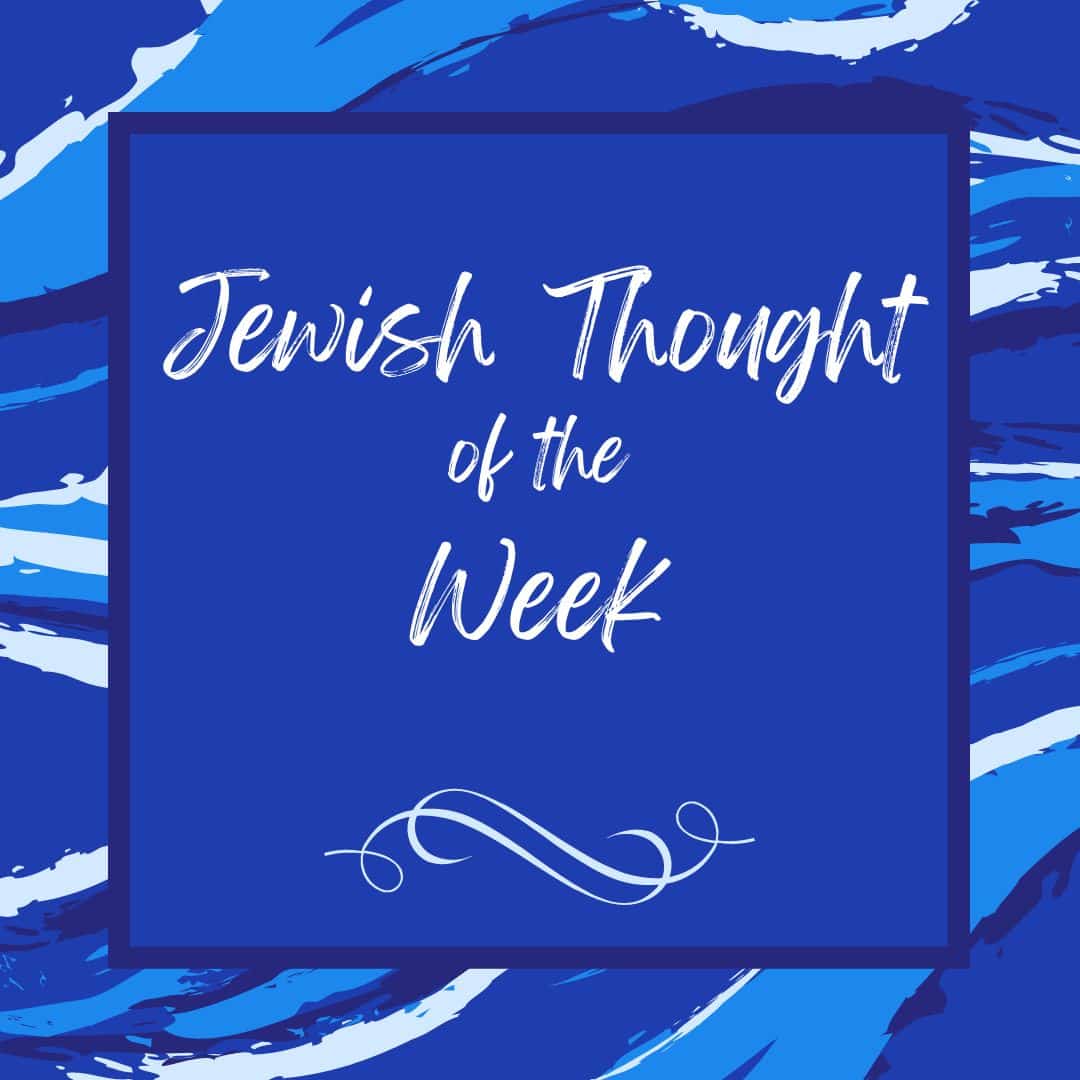By Lauren Bloomberg
This week’s Torah portion is Beha’alotcha from the Book of Numbers. At the end of this reading, Miriam and Aaron speak unkindly to their brother Moses because of the Cushite woman he chose as his wife. G-d was furious with them and because of this, Miriam is “stricken with snow-white scales,” a skin condition similar to leprosy. (Numbers 12:10). Moses pleads to G-d to not let Miriam die, and in response G-d insists that she must be removed from the camp for seven days. Why is only Miriam punished when Aaron spoke ill about his sister-in- law too? Commentaries say that Miriam was afflicted with her ailment because she was the instigator of the negative comments, as her name is mentioned first: “Miriam and Aaron spoke against Moses because of the Cushite woman he had married.” (Numbers 12:1) Scholars argue that the real issue was not with Moses’ choice of wife, but the siblings jealousy of his relationship to G-d. It is suggested that Aaron was not punished with leprosy because as a High Priest he would not be able to conduct his priestly duties. He does admit his wrong doings: “Oh no my Lord, account not to us the sin which we committed in our folly.” (Numbers 12:11).
What lesson can be learned from this parsha (Torah portion)? Last night, The Holocaust Resource Center held its annual award ceremony. Students from schools all over WNY were awarded prizes for their outstanding writing and art submissions. HRC leader and partner Mary Lou Wyrobek was honored with the Toby Ticktin Back Educator Award, and incoming Hillel President Iris Danzinger, Community activist and Temple Beth Zion Board Member Samantha White, and Clarence High School senior Paige Hurwitz all received the Sophia Veffer Upstander Award named in honor of Holocaust survivor Sophia Veffer. The Veffer award is given to individuals who impact their community by standing up for others, by promoting equality and creating a more just world.
Sadly, Aaron, who is known as a Rodef Shalom, a pursuer of peace, in this instance chose to be a bystander rather than an upstander; he followed Miriam and also spoke unkindly about his sister-in-law. If Aaron had been a true leader rather than a bystander, he would have shown Miriam that her actions and treatment of Moses’ wife were inappropriate and hurtful, and as a result, Miriam may not have been punished.
Our community is fortunate to have individuals such as Iris, Samantha and Paige who fearlessly use their voice to fight and promote a safe and equal environment for all. On behalf of the HRC and the entire community we congratulate them on their leadership and we are proud to honor them as exceptional members of our community.
Lauren Bloomberg is the Director of Engagement for the Holocaust Resource Center.

